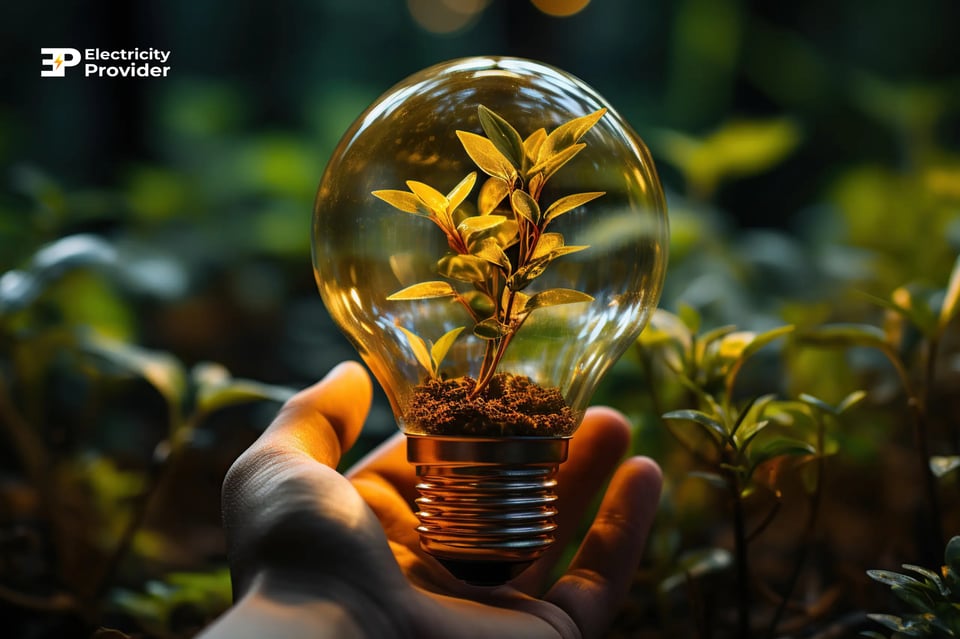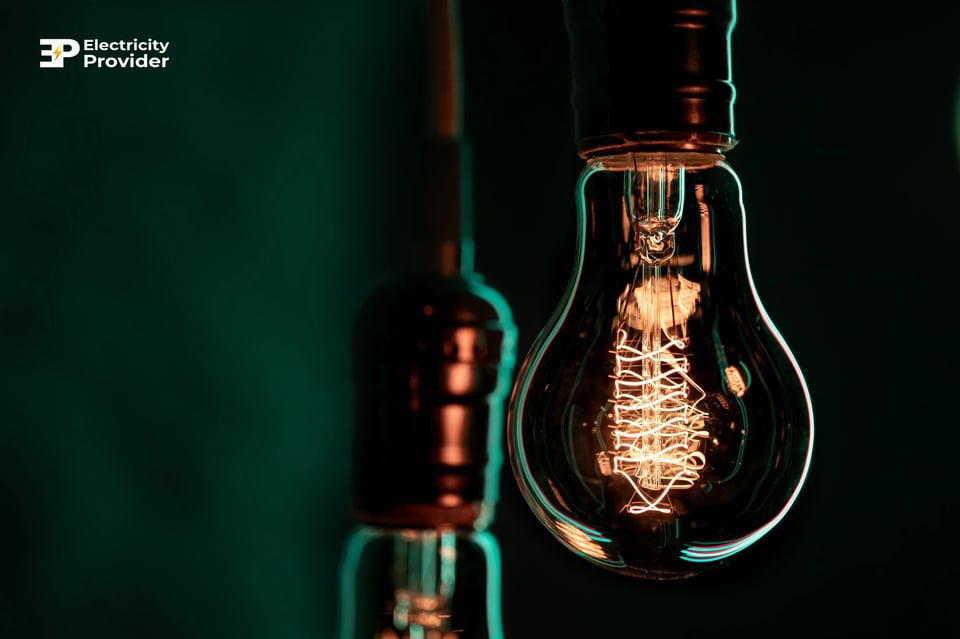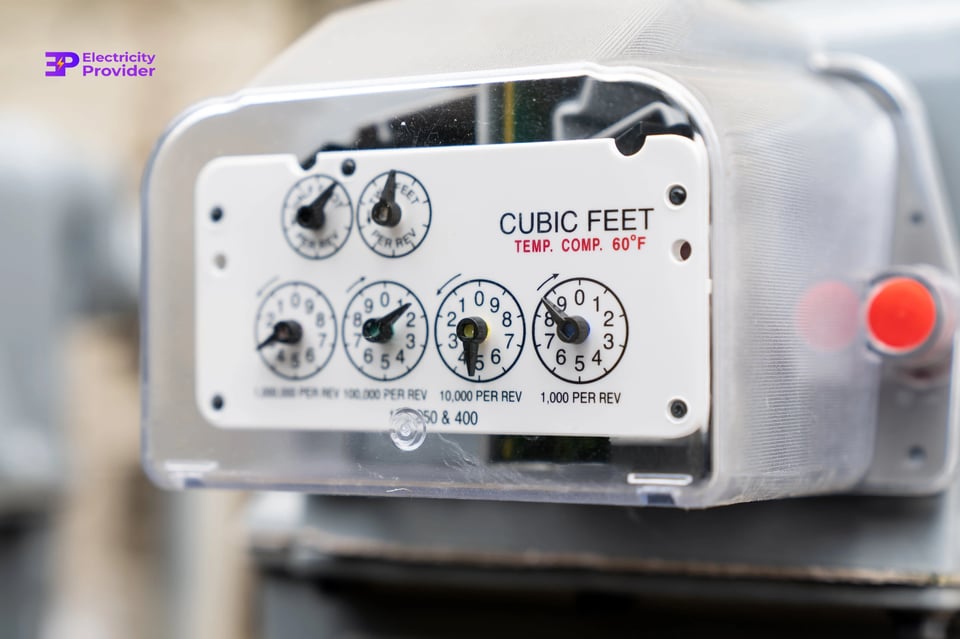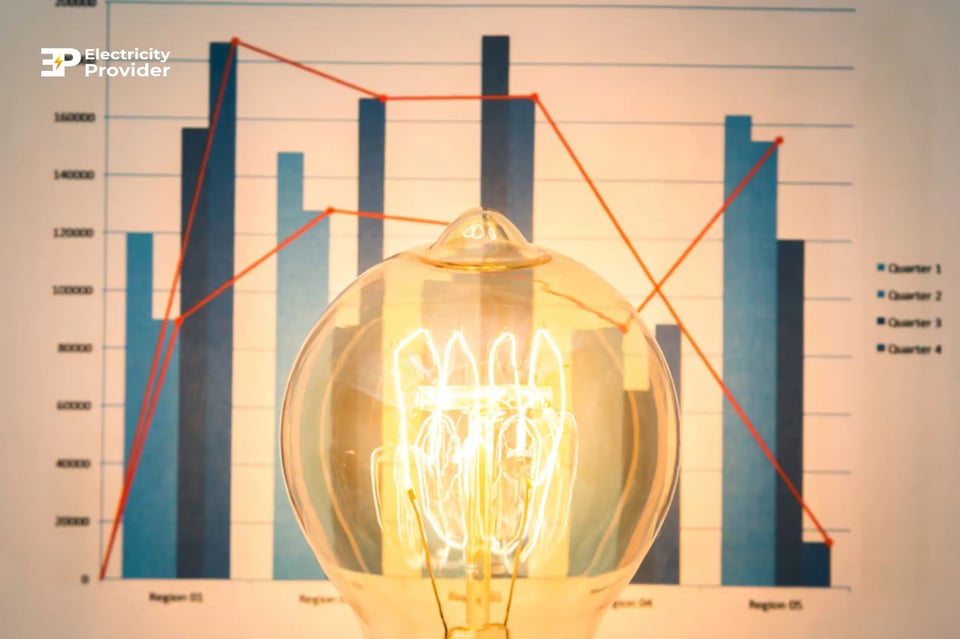This guide will walk you through every step of the electricity connection process in Australia from selecting the right provider to understanding fees and more-so how to compare electricity prices and save on ongoing power costs.
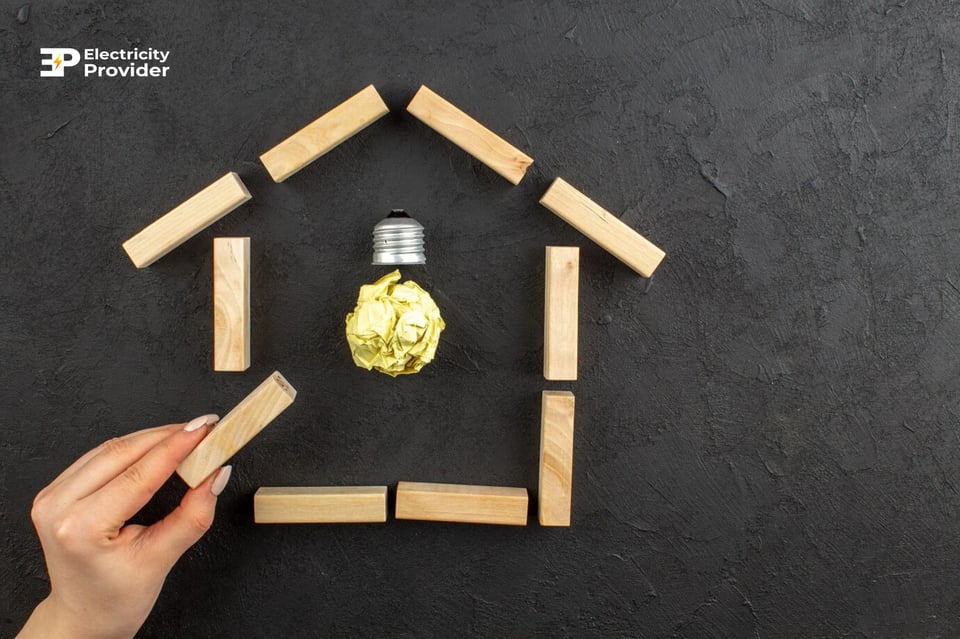
Published on 21/10/2024
By Pallav Verma
Electricity Comparison
Among the critical steps in moving into a new house, either in construction or relocation, is connecting electricity. Understanding its process, even its costs, can save time and money. Electricity prices have been on the rise in recent years, with numerous providers offering a range of plans. This makes it even more crucial to make the right choice when setting up electricity for your new home in Australia. This guide will walk you through every step of the electricity connection process in Australia from selecting the right provider to understanding fees and more-so how to compare electricity prices and save on ongoing power costs.
Hooking up a new house to the grid requires just a few steps, from applying with a provider to arranging for a meter installation. Here's how it goes:
Step 1: Before connecting your house to the grid, you will be required to choose an electricity provider. Electricity providers may come with a variety of offered rates, so it is always smart to compare their electricity prices and different electricity plans. Do this to see which one fits your needs.
Tip: Comparison tools, such as ElectricityProvider.com.au, can help you review deals available in your location from various retailers.
The NMI is one unique number allocated for you to identify your property on the grid. When building a new house, your energy provider will help you obtain this identifier. It is of paramount importance as it enables your property to be ready and prepared for connection on the grid.
Now that you have selected your supplier and received the NMI, you would then need to apply for a new connection. You would have to fill a form by your selected electricity provider, and they would work out a connection at your distributor's discretion in your area.
Connection Time: This would usually take 3 to 10 working days to be connected, but it may differ with the location and the distributor's schedule.
Costs: The fees to apply range from $497, but it depends on where you are and the provider.
Ensure that the wiring of your new house is done by a licensed electrician. The electrician will ensure that all the internal wiring, power points, and safety switches are installed properly according to Australian electrical standards.
Cost of Wiring: Wiring a new house costs from $3,000 to $13,000 depending on the size of the house and complexity involved in wiring in Australia.
After your house is wired and all ready to go, the next thing is to install an electricity meter. The meter measures your usage of electricity, a fact that is crucial in terms of billing.
The installation of the meter is usually provided by your electric provider or added to your connection fees. If not, you'll need to have a meter installed at a cost between $500 and $1,500, depending on what is needed.
Before you ever use an electric appliance, an electrical inspector is likely to visit for the final inspection of everything. They will check to ensure that everything meets the safety standards.
Inspection Fees: Although the electrician might charge you for the inspection cost inclusive in his services, you will pay more or less depending on your state.
After the inspector gives you the nod about the inspection result, the service provider will activate your electricity and connect your new house into the grid.
Also, read: How to Change Electricity Providers in Australia?
The connection costs to the electricity new home depend on several factors such as location, distance from the grid, and the complexity of work. Below is a breakdown of what you expect:
The application fee to connect to the electricity grid generally starts from $497 but may vary based on your location and provider, but it is dependent upon your electricity supplier and the state regulations applied.
It would cost about $1,320 just for a very simple connection. However, if you have plans to go for some complicated designs-the type that may require road infrastructures connecting unreachable areas, for instance-that will cost you $6,600 or more.
New House Wiring: The costs to wire a new home in Australia range from $3,000 to $13,000. Depending on size or complexity, bigger homes or homes with more complex interiors may cost more.
Power Point Installation: Installation cost for power points ranges around $150 or more per point depending on the material of the walls and the complexity involved for installation purposes.
Safety switches and switchboards must be installed in all homes in Australia. These are usually priced between $90 to $250 per unit.
Electricity meters range from $500 to $1,500 based on the complexity and type of meter required. Some providers include these costs with the connection fees; therefore you should ask your provider.
Once your home is connected, you will look for a good electricity plan. Electricity price comparison as well as the power cost comparison between providers will help you get the better options. With the various providers offering different rate options, you are going to save a great amount on your bills by choosing the right plan.
For more detailed costs and comparisons, visit ElectricityProvider.com.au's to find our available deals on electricity for your new home.
Electricity connection fees can vary depending on your state and energy distributor. Here’s a summary of typical connection fees by state:
Note: Connection fees can vary with time and depend on specific service requirements. So please always check your energy provider or energy distributor for the most updated price.
Grid connection is not as simple as payment of a connection fee. Some of the important considerations here are:
It is necessary to engage licensed electricians that will ensure your home's electrical system meets safety requirements and complies with the statutes of Australia. Otherwise, a poorly installed system will cost more to repair and risk the safety of house occupants.
Over and above what it may cost to join and connect, you can also expect to pay for extra costs. For instance, if your place is far from most areas, then you may have to shell out for some extra trenching, transformers, or even permit from local government offices.
It is wise to compare the electricity rates and compare the costs of different providers' power before finalizing your connection. Chances are that you might end up saving a lot of money in the long run when you choose a provider that can offer better rates for your area. Explore a variety of plans that may suit your needs from our panel of retailers at ElectricityProvider.com.au.
For some homeowners, particularly those in remote locations, the idea of going off-grid may seem appealing. However, while the initial costs of installing solar panels and battery storage systems can be high, they can offer long-term savings.
Must read: How to Use Online Tools in Australia to Compare Electricity Rates?
First, an Australian new home connection to electricity needs many steps, from the selection of the appropriate electricity provider to setting up inspections and the meter installation. The whole process costs as low as $3,000 to as high as $20,000 in most cases, depending upon the complexity of the work involved, how far you live away from the grid, and other specifications of your house.
Compare Electricity Prices, plans and providers before signing up to your new premises. Use ElectricityProvider.com.au to find out more and see what you can get today.
Disclaimer: All costs and processes mentioned in this article are approximate. As always, review any transaction with a licensed electrician or directly from your electricity supplier for the best time-available pricing and guidance specific to your case.
Generally, it depends on the location and the schedule of the electricity provider, which takes usually between 3 to 10 business days.
Although connection fees are usually set by the distributor, some providers may offer promotions or waive some fees as part of a sign-up offer. It is always worth inquiring with your provider.
In most cases, it is not necessary to be on for the connection, but it's a good idea to check with your provider about this, especially in cases where access is concerned.
